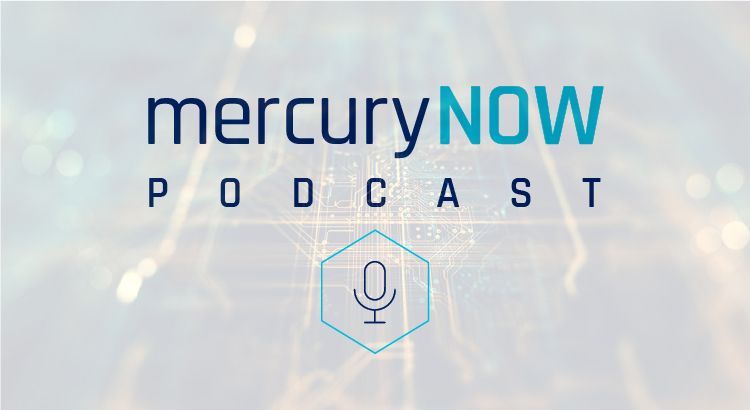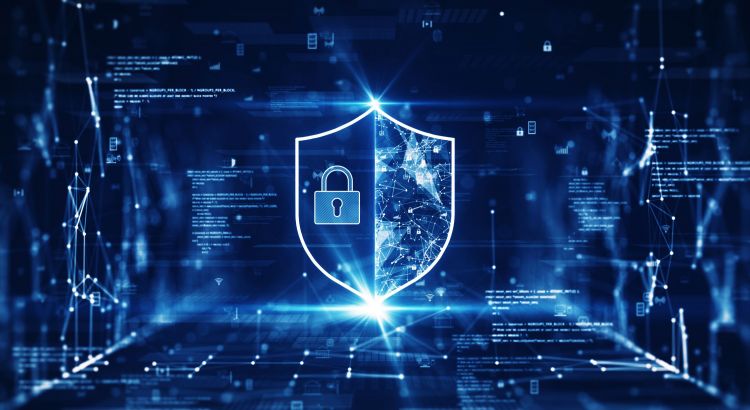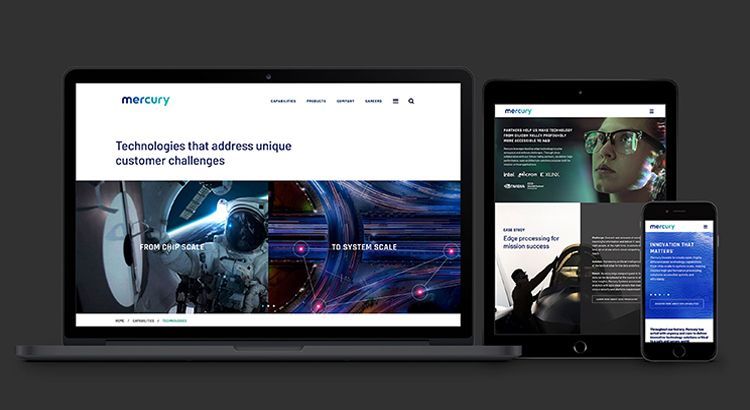
Mitigating Risk With IPC-1791 Qualified Manufacturers Certification
February 2, 2021
Ralph Guevarez:
Hello. Welcome to Mercury Now, a podcast series brought to you by Mercury Systems. I am your host, Ralph Guevarez, and today's topic, mitigating risk with IPC-1791 Quality Manufacturers certification.
Ralph Guevarez:
Joining me today is Joe Scalfani, Mercury's senior manager of quality systems, and our guest, Randy Cherry, IPC director of validation services. Joe, Randy, good day and welcome to you both.
Joe Scalfani:
Hello, Ralph. Thank you for having us.
Randy Cherry:
Good to meet you, Ralph. Thank you for having me on as a guest.
Ralph Guevarez:
Thank you both for your time. Joe, before we begin, can you give our listeners a brief background on your current role here at Mercury?
Joe Scalfani:
Sure, Ralph. I'm currently the senior quality systems manager for the compliance department, and I'm going on my 15th year as a Mercury team member. I'm responsible for the oversight of the compliance standards for the organization, and have over 25 years of experience in quality.
Ralph Guevarez:
Thank you, Joe. Randy, tell us a little bit about your role and what IPC does, please.
Randy Cherry:
I am currently the director of IPC validation services. I manage this department that provides auditing and certification services; IPC standard gap analysis; and technology solutions, which includes industry experts who provide manufacturing process troubleshooting using proven problem solving techniques.
Randy Cherry:
Of course, IPC is a nonprofit member-driven industry association that is a leading source for industry standards, training, education and advocacy. IPC helps OEM, EMS, PCB manufacturers and suppliers build electronics better.
Ralph Guevarez:
Thank you, Randy. Now let's start with you. What is the IPC-1791 certification, and why is it so important for Mercury to achieve this status at our manufacturing facilities?
Randy Cherry:
The IPC-1791 is a facility level certification that manufacturers can achieve to be designated as a trusted manufacturer. These facilities are vigorously vetted and undergo an extensive audit process to help optimize product quality, reliability, and consistency across the entire supply chain.
Randy Cherry:
Companies achieving this coveted designation earn a place on the IPC Qualified Manufacturers list as a trusted supplier, and become part of a global network that the industry will look to first and foremost when evaluating potential business partners.
Ralph Guevarez:
Thank you, Randy. Now, Joe, why did Mercury decide to pursue this certification? Your thoughts, please.
Joe Scalfani:
Sure. As a leader in making trusted, secure, mission-critical technologies profoundly more accessible to aerospace and defense, we make it a point to remain tuned into our customer's needs and requirements. IPC-1791 certification kept popping up since we are committed to delivering the most trusted and secure manufacturing capabilities to our customers. It's important for our manufacturing facilities to acquire these certifications. Ultimately, it's about mitigating risks to deliver high quality trusted products to our customers.
Joe Scalfani:
In 2019, we became the 10th company in the United States to achieve IPC-1791 accreditation at our Phoenix USML manufacturing location. This past December, we earned two additional certifications for our manufacturing facilities in Hudson, New Hampshire, and are now the only OEM in the United States with multiple sites certified at this standard.
Ralph Guevarez:
Thank you, Joe. That's quite an accomplishment. Now, Randy, could you tell me more about the certification process? I understand it's very rigorous.
Randy Cherry:
Yes, Ralph, you're correct. To achieve the status as a trusted source and supplier, stringent requirements for this certification include review of a company's product and quality systems; supply chain risk management policy; security system, including compliance to export control; and chain of custody policy.
Randy Cherry:
Our vetting process uniquely provides technical and in-depth assessments of products and processes. First, the company is required to do an internal audit with a checklist of standards that need to be met. If standards are not met, we ask the company to make improvements to meet the requirements. Once the company meets those, IPC performs our audit process.
Randy Cherry:
Receiving the IPC-1791 certification for multiple sites is an outstanding achievement. We're excited that Mercury is a member of IPC's network of trusted qualified manufacturers.
Joe Scalfani:
I have to agree with Randy. It's a very thorough assessment, but in the end, we know our customer's implicit trust is invaluable.
Ralph Guevarez:
Now speaking of our customers, what is the value of the IPC certification in their eyes? Joe, your thoughts, please.
Joe Scalfani:
These facility level certifications allow us to meet the minimum requirements to be a trusted source for industries that require a high level of confidence in the integrity of delivered products. It's our job to ensure that our products deliver uncompromised and reliable performance in extreme environments, for situations where failure is just not an option.
Joe Scalfani:
In addition to quality assurance and risk mitigation, some customers can benefit by reducing the number of supplier audits, since IPC validation services already put Mercury through the vetting process and been established as a trusted manufacturer. This is a huge time and cost savings.
Randy Cherry:
That's right, Joe. To add onto what you just said, the IPC-1791 QML program is the only independent validation for the Defense Federal Acquisition Regulation Supplement, or otherwise known as the DFARS 252.204.7012. Validation or certification program separates Mercury Systems from companies who state they comply with the DFARS 7012, but may not.
Ralph Guevarez:
Thank you both for that detailed response. I see the [inaudible 00:06:26] value this brings us in delivering trusted solutions to our customers. Now, Randy, what does the future hold for IPC quality certifications, and Joe, what is Mercury's path moving forward? Randy, we'll start with you.
Randy Cherry:
I see the demand for IPC certifications to continue to grow as the industry learns more about the benefits working with IPC and validation services. Today, validation services has nearly 70 company locations listed on the QML and QPL, with 15 of them listed on the 1791 QML. The validation services team feels we are just beginning to see industry traction for these certification programs. We plan to be very busy as 2021 moves forward.
Joe Scalfani:
Having earned the QML for multiple locations validates Mercury's commitment to the IPC certification program. We've invested significantly and are committed to earning more site accreditations. As a matter of fact, we're excited to say that our Chantilly, Virginia facility will be certified next month.
Ralph Guevarez:
Thank you, Joe. Exciting news indeed. It gives me confidence that Mercury not only meets, but exceeds the standards we uphold ourselves to, and that we are truly supplying our customers with products they can rely on for their long-term intended use.
Ralph Guevarez:
I want to take this opportunity to thank you both for joining me today. It has been a pleasure. I wish you good luck, good day and godspeed moving forward. Thank you.
Joe Scalfani:
Thank you, Ralph. Same to you.
Randy Cherry:
Thank you, Ralph.
Ralph Guevarez:
This has been another edition of Mercury Now. For information on all our podcasts and blogs, please visit us at mrcy.com. I am your host, Ralph Guevarez, signing off.






 Bold. Human. Accessible: Our Journey into 2021
Bold. Human. Accessible: Our Journey into 2021 Taking the Black Magic Out of RF Down Conversion
Taking the Black Magic Out of RF Down Conversion